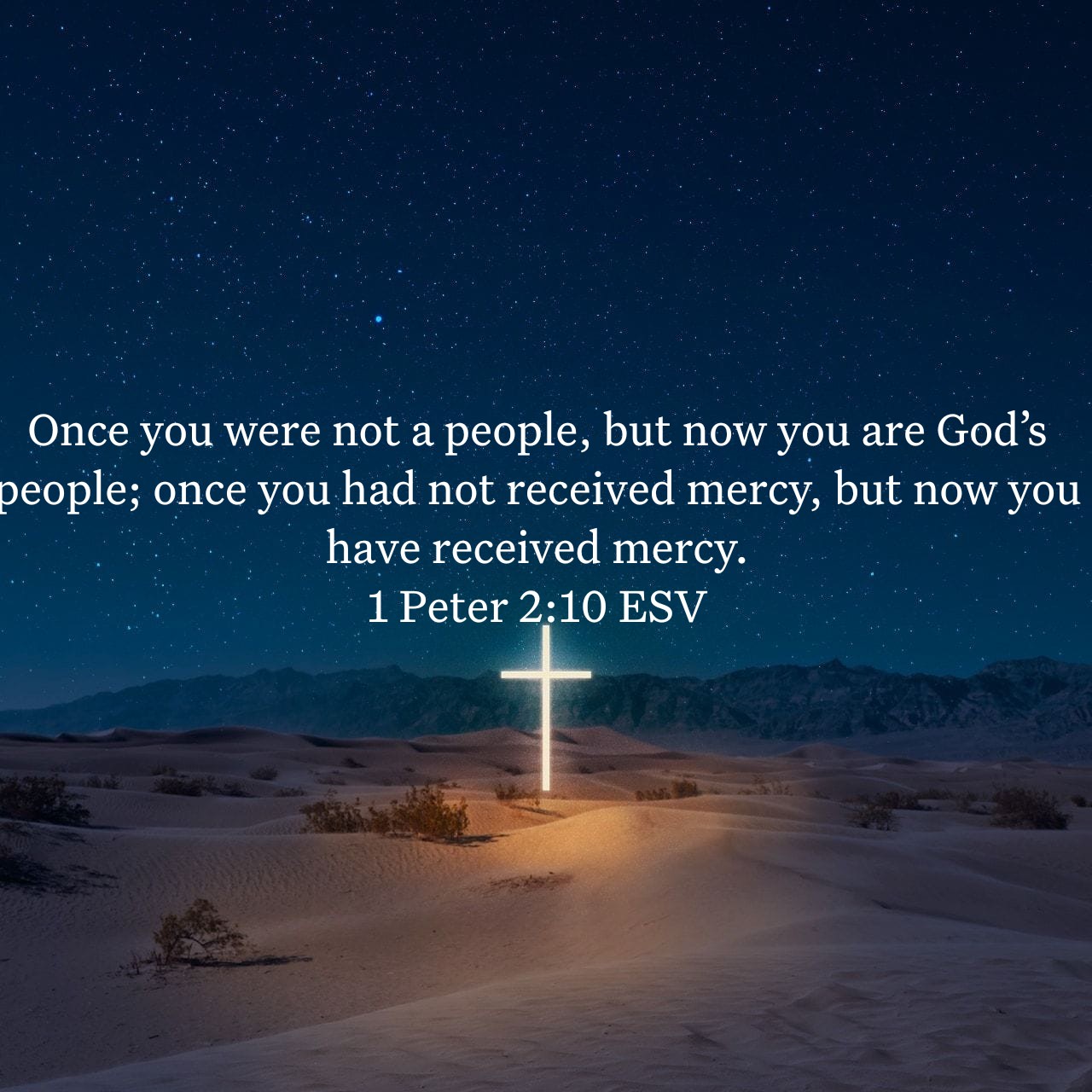Devotional 29 August 2025

Peter’s words echo God’s covenant declaration to Israel: “You shall be my treasured possession… a kingdom of priests and a holy nation” (Exod 19:5–6; Deut 7:6). What once described a single nation now applies to all who are in Christ, who Himself is “a living stone rejected by men but in the sight of God chosen and precious” (1 Pet 2:4; Ps 118:22). Just as Christ is chosen, so are those who belong to Him. Jesus told His disciples, “You did not choose me, but I chose you” (John 15:16). Our salvation begins not with our choice but with God’s mercy and call.
Peter says we were “called out of darkness into his marvelous light” (v.9). This is beautifully pictured in Lazarus’s resurrection: Jesus called him by name, and the dead man came out of the tomb (John 11:43–44). The Greek word for “church,” ekklesia, literally means “called out ones” (Heb 13:13). Salvation is God’s initiative: “He has delivered us from the domain of darkness and transferred us to the kingdom of his beloved Son” (Col 1:13–14; Acts 26:18).
Peter cites Hosea to show that even our identity as God’s people is pure mercy: “I will have mercy on No Mercy, and I will say to Not My People, ‘You are my people’” (Hos 2:23; cf. Rom 9:25–26). Paul affirms, “So then it depends not on human will or exertion, but on God, who has mercy” (Rom 9:16). Mercy cannot be demanded; it flows freely from God’s sovereign will (Rom 11:32).
We are chosen and built into a spiritual house (1 Pet 2:5), called not merely for privilege but for purpose: “that you may proclaim the excellencies of Him who called you.” Like Israel of old (Isa 43:20–21), the church exists to display God’s glory in the world (Matt 5:14–16; Phil 2:15).
This truth humbles us and emboldens us: we are trophies of His mercy, rescued from darkness to be radiant witnesses. Let us live as those who belong to the Light, proclaiming His excellencies until the day we see His glory face to face (Rev 21:22–27).